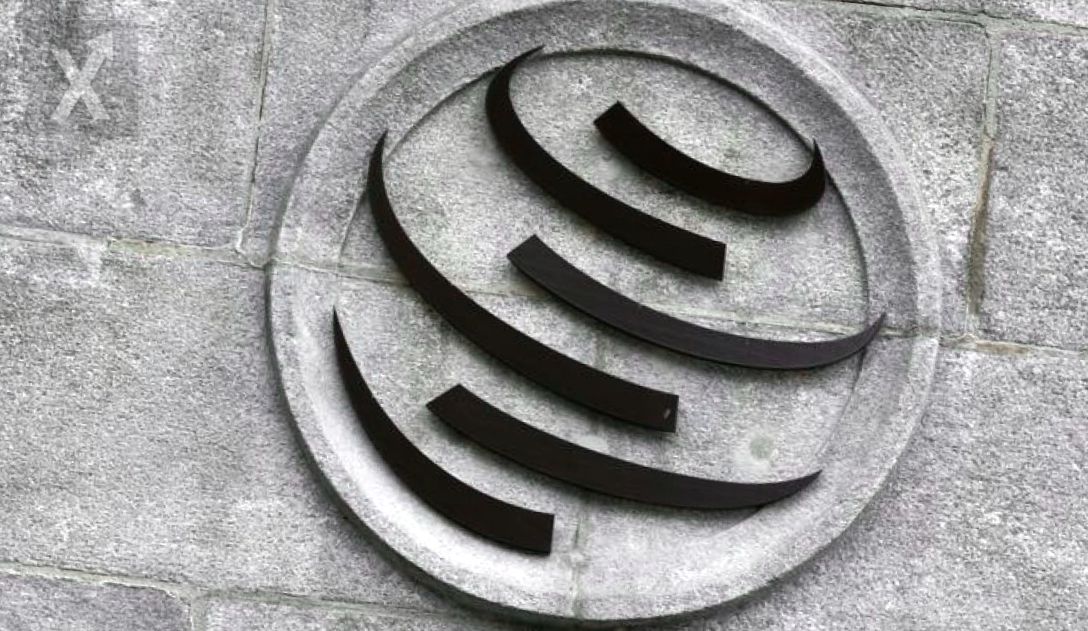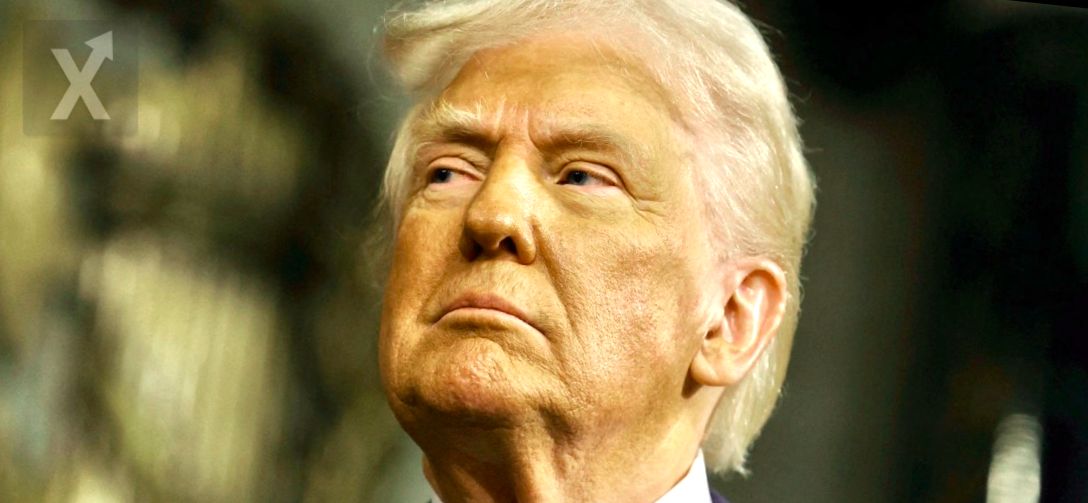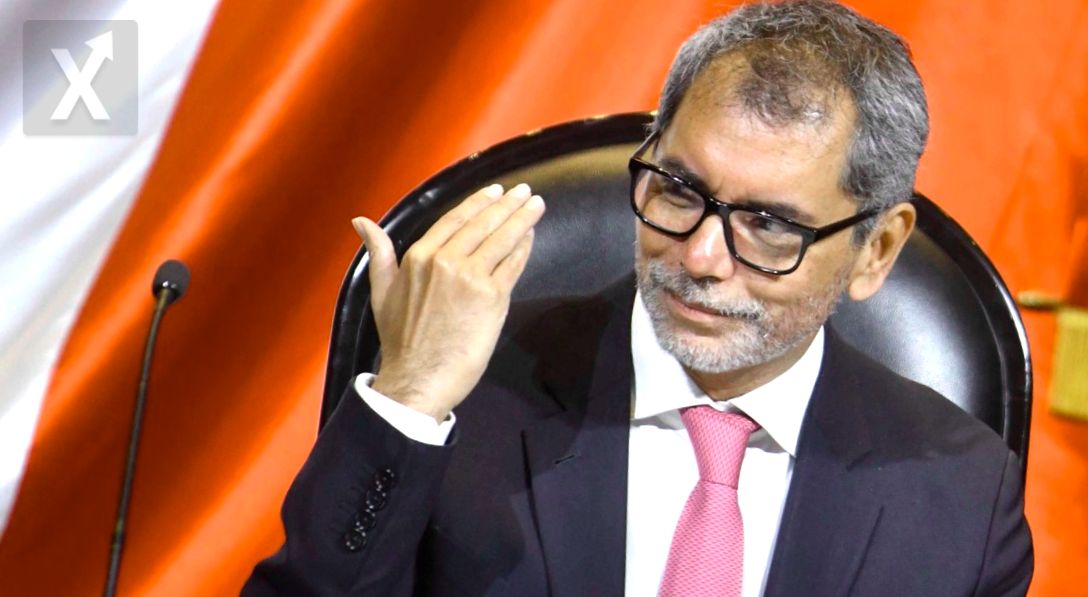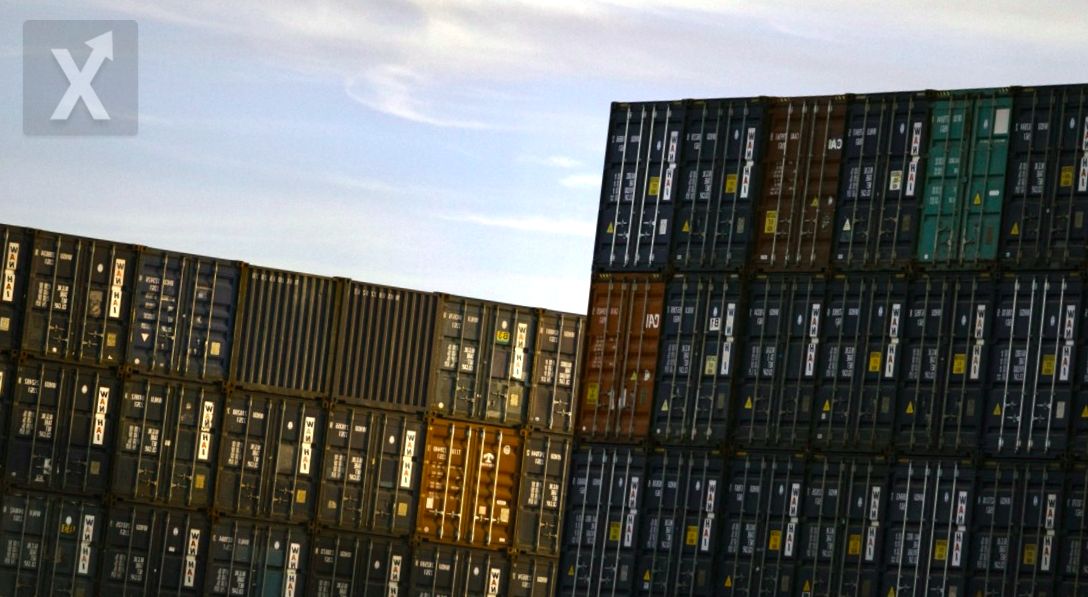The SAT Modernizes and Seeks to Collect Over Half a Trillion Pesos
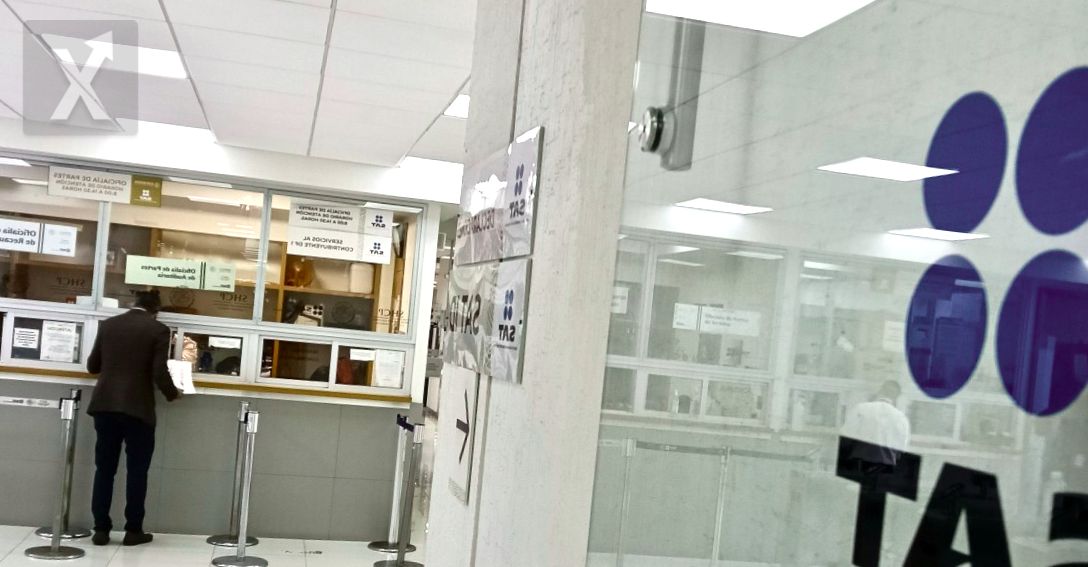
The Tax Administration Service (SAT) is ramping up its hunt for tax debts by leveraging artificial intelligence and the digitization of its processes. By 2024, tax credits requested from taxpayers soared to over half a trillion pesos, rising from 2.332 trillion at the end of 2023 to 2.854 trillion by the close of 2024, which translates to an increase of over 522 billion pesos.
This growth marks the most significant increase since 2018, the year when Andrés Manuel López Obrador’s administration began, focusing on combating tax evasion through technology and digitalization, a process that started during Enrique Peña Nieto's administration. The pace of the rise in tax debts reflects the SAT's precision in implementing tax credits, thanks to the integration of artificial intelligence in its system starting in 2024. “There’s no magic formula; the government has simply chosen to be more vigorous and effective in audits using technology. It took time to develop a sophisticated system that now includes artificial intelligence. We’ve been providing a large amount of information electronically for years, and now the conditions are set for them to quickly identify risk signals and target their audits,” explained José Manuel Ramírez, partner and leader of Alvarez & Marsal Tax Mexico.
Most of these credits were directed at corporate entities, representing 90%, of which over 40% corresponds to large taxpayers. According to the tax expert, the trend of increased scrutiny on large corporations will likely continue over the next five to ten years, expanding also to specific sectors and smaller companies. “That’s going to be the pattern; more scrutiny. We expect the SAT to improve its auditing methods through technology and for businesses to increasingly prepare to cooperate during audits. However, there are always cases where an agreement cannot be reached, and our tax laws and Constitution provide mechanisms for taxpayers to defend their interests when necessary,” stated Ramírez.
According to the Ministry of Finance, more than 2 trillion pesos in credits are currently in dispute, with 1.868 trillion in controversy. In 2024, the highest number of disputed credits was recorded, with 191,452 cases; this figure surpasses the 70,654 contested credits reported in 2018. There has been a noticeable increase in the legal defenses taxpayers have raised against these credit determinations, a situation concentrated among large taxpayers during López Obrador’s administration. These disputed tax credits remain under the SAT's control, as taxpayers have initiated legal defenses, preventing collection actions. The 1.868 trillion in dispute could finance one-fifth of the scheduled budget for 2025, including expenditures for IMSS, ISSSTE, Pemex, and CFE. On the other hand, the portfolio of undisputed credits amounts to 986.436 billion pesos, of which 581.523 billion (59%) are collectible, while 404.913 billion (41%) have a low likelihood of recovery.
It’s important to note that the increase in technology use by the SAT aims not only to boost revenue but also to create a more efficient and fair environment for tax auditing. Companies need to adapt to these changes and ensure they practice good fiscal processes, not just to avoid legal issues but also to contribute to the country’s economic development.

